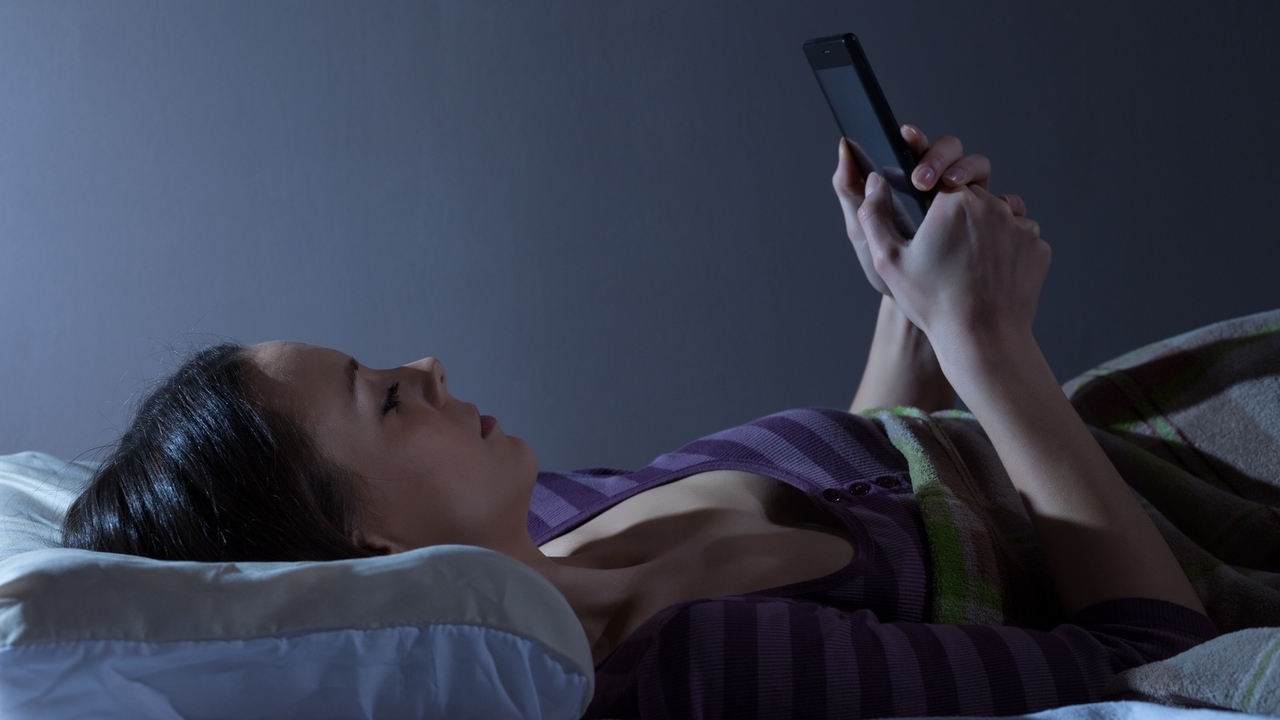Sleep walking is a rare disorder where an individual gets out of bed and starts to walk while in a state of sleep. Sleep walking is sometimes seen in young children around the ages of 4-12 and then spontaneously disappears.
It is the rare adult who has a sleep walking disorder. Sleep walking does not signify any type of mental or neurological disorder. The only concern is that the individual may harm themself during sleepwalking- like falling off the steps or running into closed doors. Medical treatment for sleep walking is only prescribed when the condition gets out of hand or creates disruptions/embarrassment in the home.
Sleep walking is rare in adults and is often confused with other disorders. Unlike children, sleep walking in adults is more serious as there is a risk of harm to the individual or others.
Sometimes medications used to treat disorders like insomnia or depression can lead to sleepwalking, as can arousals caused by other sleep disorders, such as obstructive sleep apnea. In addition, there are certain types of seizures which can easily be confused with sleepwalking.
Diagnosis
Sleepwalking is usually first diagnosed by the family at home. To confirm the diagnosis, one should go to a sleep laboratory where the pattern of sleep is assessed. The reason to obtain a sleep study is to ensure that one does not have any other type of sleep disorder or even seizures. Unfortunately, physicians often order too many sleep studies resulting in extra costs.
The treatment of sleep walking is individualized but in most cases usually involves making the sleeping environment safe. Further changes in life style may help prevent sleep walking episodes. One of the best treatments for sleep walking is anticipatory awakening or hypnosis- both of these treatments are much safer and more effective than the use of medications.
With anticipatory awakenings, if it is known what time the individual awakes, then one can wake him/her up at least 15 minutes before he/she sleep walks and then keeping them awake during the episode. After 2-6 weeks of the anticipatory awakenings, sleep walking episodes become much less and may even disappear.
Hypnosis has been tested with some success.
In general, the physical environment should be made safe and the individual should preferably sleep on the ground floor, add additional locks on the doors, use motion detectors with alarms, cover windows and all firearms and other weapons must be securely locked.
Life style changes include:
-Decreasing distractions while sleeping such as noise, light or music
- Avoiding alcohol and caffeine containing beverages before bedtime
- Reducing stress
- Following a regular sleep schedule and preventing sleep deprivation
Some individuals may respond to tricyclic antidepressants or benzodiazepines. Unfortunately, these medications do not always work, have a number of unpleasant side effects and are costly. For most people, sleep walking is a transient disturbance in life which can be easily treated without the use of medications.





Add a Comment2 Comments
i have a 4 year old daughter whos been sleep walking sence she was able to walk ive had scares with it like her getting up to sleep walk at different hours and going into the middle of the road or an intersection of roads we couldnt put anything up to protect her so we got scared alot but then we realized that shed sleep walk out the front door when she didnt feel safe in the apartments we lived in. she still sleep walks and because we still live in an apartment but we now live around her aunt and uncle so they can help. sence weve moved to this new apartment shes only slept walked outside once and weve been here sence she was 3 years old. lately shes only slept walked to my bedroom to sleep with me hopefully in the next 5 years well be able to have a house then i can make it alot safer but for now theres not alot we can do and apartments wont let you do any alterations for something like this which i believe is stupid.
July 22, 2010 - 2:53amThis Comment
i sympathize with your predicament. There really is not much that can be done for sleep walkers, except to make the home more secure at night. Good luck
July 26, 2010 - 11:27amSB
This Comment